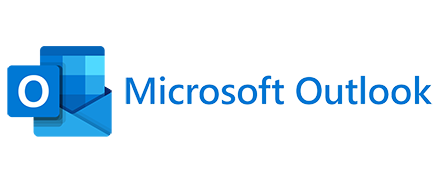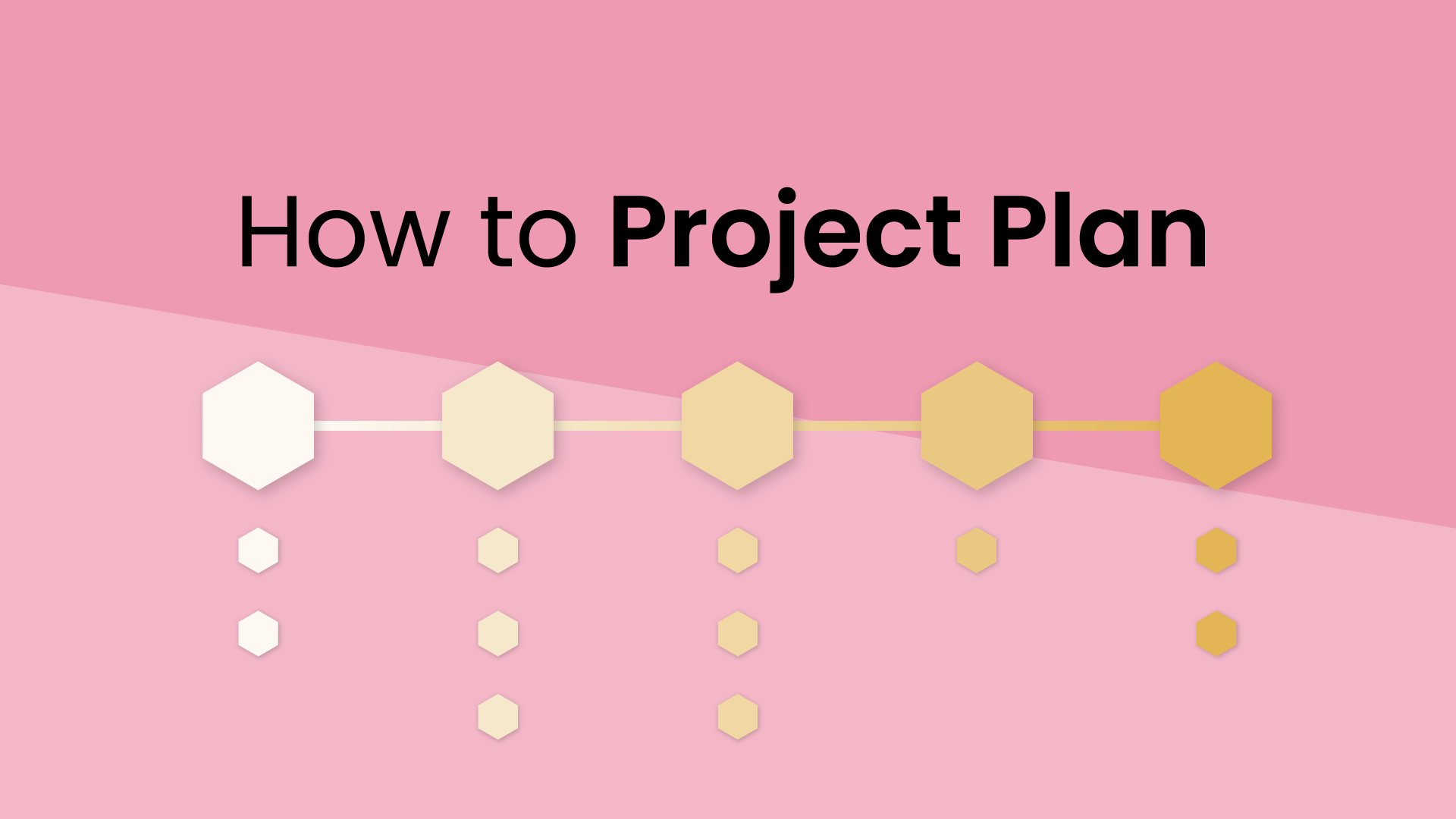

As task loads, meetings, and stress levels increase for busy professionals – both employees and employers are trying to squeeze more from their limited time without straining their work-life balance.
The reality is, only 16.8% of teams accomplish more than 70% of their planned tasks every week, and a major contributing factor is prioritization. On average, professionals waste almost 11% of their workweek recovering and catching up after having to reprioritize their work – which is definitely not an efficient use of anyone’s limited time. If you find yourself looking to improve your performance and get more accomplished with the limited time you do have every week, it’s time to reflect on whether your time efficiency is working for you, or against you.
In this blog post, we’re going to take an in-depth look at time efficiency and share 5 practical tips to help you become more time efficient at work so you can have more productive workweeks.
What is time efficiency?
Before we get further into the benefits and tips – what does it really mean to be ‘time efficient’? Time efficiency is being able to produce desired results with the least amount of wasted resources. So, being time efficient at work means being as productive as possible during your workday while minimizing wasted time, energy, and wellbeing (your most valuable resources!). This time management strategy can look like accomplishing your planned daily to-dos, meeting project deadlines, and staying on track with your long-term professional goals.
Learning how to maximize time efficiency at work has some serious benefits – not only to your professional life, but also for your personal wellbeing.
That said, time efficiency is only one of many productivity techniques you’ll find discussed in various interesting articles across the web.
Benefits of being time efficient:
- Improve performance by getting more accomplished in less time.
- Reduce stress by staying on top of your priorities and deadlines.
- Produce better work by limiting distractions and streamlining your efforts.
- Meet deadlines with a clear action plan and consistent progress.
- Boost focus with reduced decision paralysis and effective deprioritization.
- More opportunities thanks to higher performance and better confidence.
Of course, there are many factors that play into how efficient you can actually be at work. At the end of the day, your time and energy will always be a limited resource, and overrunning yourself to the point of mental exhaustion isn’t supporting your productivity. If you’re stretched thin with excessive meetings and a monstrous task load every week – improved time efficiency and time management skills will help you create plans for what you can realistically accomplish, so you can say ‘no’ to the meetings and projects that fall outside your bandwidth.
Time efficiency is making the most of the time you do have at your disposal – ideally containing this time to your working hours during the week vs. nights and weekends. Remember, your energy and wellbeing are equally important resources you want to conserve with improved time efficiency. In doing so, you'll find tremendous benefits to your mental health, productivity, a better work life balance, and more.
Being time efficient vs. time effective
The thing is, many busy professionals try very hard to be effective at their jobs, but are not necessarily efficient – often falling into traps like perfectionism with unrealistic standards, working excessive hours, or sacrificing their priorities or wellbeing for other peoples’ urgencies.
But while being effective at work means achieving your goals, it doesn't consider the cost needed to get there – even if that means overexerting yourself. On the flip side, being efficient at work means being capable of achieving those goals with the least cost to resources like your time and energy.
The Pareto Principle sums this up nicely by arguing that 80% of results come from 20% of the effort, suggesting that extra resources do not always deliver extra value. So, on the mission to maximize your productivity – improving your efficiency should mean pivoting from doing more, and reflecting on how you can do things better instead.
6 tips to be more time efficient at work
1. Prioritize your to-dos
You might be super ‘busy’ everyday, but unfortunately, that doesn’t mean you’re being productive. The average worker spends 51% of every workday on low-value to no-value tasks, and individual contributors average only 2.24 hours of actual productive task work a day.
Learning to prioritize tasks is essential to time efficiency. Understanding which to-dos are most important vs. urgent will help you pinpoint where exactly you should focus your limited time and energy for maximum results, without running yourself into the ground.
2. Plan your day
Wasting too much time deciding what to work on next? Creating a clear and realistic weekly plan according to your true priorities - or even just setting your daily goals the night before - is one of the best ways to boost time efficiency. However, only 12% of workers actually schedule their tasks in advance.
Methods like time blocking boost productivity up to 80% by mapping out the tasks, routines, and even breaks in your day around your existing schedule of meetings and events so you can realistically estimate and optimize your availability. While this might seem a little extreme - especially for the 82% of people who don’t have a time management system in place – this method ensures that your efforts are focused towards your most important priorities to support your short-term and long-term goals at work.
3. Schedule your tasks
There’s a big difference between filling out your weekly to-do list, and actually finding time for those tasks in your schedule. In order to create a time-blocked plan for your day, you have to actually defend time to work on individual tasks in your calendar so you don’t end up falling victim to decision paralysis, context switching, and multitasking. Unless you’re part of the 2% of the population that can effectively multitask – you’re wasting time!
Single tasking is dedicating your full focus to completing one priority at a time before moving on to your next task. Besides being a major focus boost – it also allows you to create more time for deep work where you can produce your best work by tapping into a more productive flow state. Goodbye time anxiety scrambling to get things done last minute or between meetings!
Worried that time blocking may be too time-intensive for you? You can automate this process by scheduling tasks from your project management app right to your calendar with a productivity app like Reclaim.ai so you don’t have to worry about doing it manually.
4. Reduce distractions
Managing interruptions is key to improving efficiency at work. It’s not only the actual time that the interruption takes, but also the time cost to come back and stay focused your original task which takes an average of 23 minutes and 15 seconds after each interruption.
The average US professional is interrupted as often as 11 times per hour (that’s every 5.5 minutes!) which can make it borderline impossible to stay productive. Boosting time efficiency by reducing distractions can be as simple as turning off your phone during focused work, syncing your Slack status to your calendar so your team can see when you’re busy, or scheduling a couple times a day to catch up on email so you’re not switching to your inbox every time a new message comes through.
5. Audit your time
A big component of improving your time efficiency is tracking your progress. By scheduling all of your to-dos and routines in your calendar, you’re compiling valuable data so you can easily visualize where your time is going every week. Auditing your time on regular intervals can reveal exactly where your hours are being efficiently invested (like solo work on priority projects, repetitive tasks that could be automated, etc), and where they might be getting misallocated (like in unnecessary meetings that could have been emails).
Despite the benefits, only 17% of people track their time. That’s because it can be a really time-intensive process to do so! That’s why so many busy professionals use Reclaim to optimize the process by automatically analyzing your weekly activity across your calendar. By being able to see exactly where your time was spent across meetings, task work, regular routines, personal time, even time spent traveling, you can better plan your capacity and prioritize your time for the next week.
6. Defend time for deep work
There's a big difference between doing work and doing deep work. The average professional loses up to 6 hours of the workday to distractions – that's over two and a half hours! Deep work is not simply about putting in the hours; it's about intentionally carving out distraction-free time to focus intensely on your most cognitively demanding or time consuming tasks. This means dedicating time to your most important work, eliminating interruptions, and allowing yourself to fully immerse in the task at hand.
Deep work is not just about getting more done; it's about getting more important tasks done better. When you eliminate distractions and concentrate deeply, you can produce higher-quality work in less time. This focused attention allows you to tap into your flow state, where ideas come effortlessly and solutions emerge organically.
And just as physical exercise strengthens your body, deep work strengthens your mind. It enhances your ability to focus, solve complex problems, and generate creative ideas. Finally, deep work can help reduce stress and increase fulfillment. Constant distractions and multitasking can lead to a sense of overwhelm and burnout. Deep work provides a sense of greater focus, allowing you to experience a sense of calm and accomplishment after crushing your more complex tasks.
Get more out of your workweeks 💪
Flipping the ‘hustle culture’ script that doing more = more success, time efficiency invites you to take a look at how you’re using valuable resources like your time, energy, and wellbeing to your advantage, and where they might be wasted for little return. Maximize your limited time every week by getting clear on your priorities, creating a daily action plan, and single tasking to make the most of your productivity.
Remember, becoming time efficient doesn’t happen overnight, and even if you’re a seasoned time management nerd (like us!), there is always more to learn and room to grow. Consistency makes progress!
Want to get in on the conversation of time efficiency? Have a great tip you want to share on how to be more time efficient at work? Tweet us @reclaimai! We love hearing from you. 👋
Productivity Trends Reports
AI calendar for
work & life
Auto-schedule focus time, meetings, & breaks.
Create your free account →CONNECT YOUR CALENDAR























.png)








